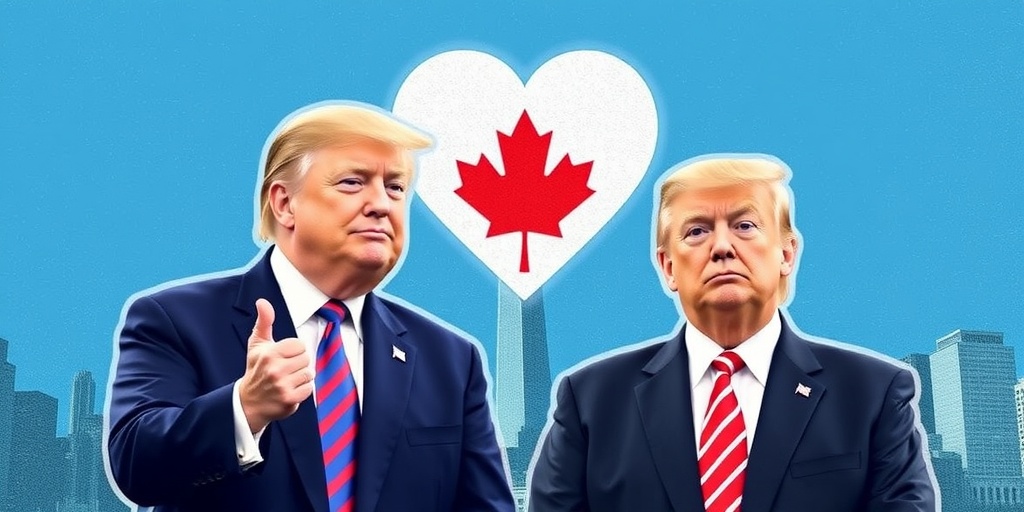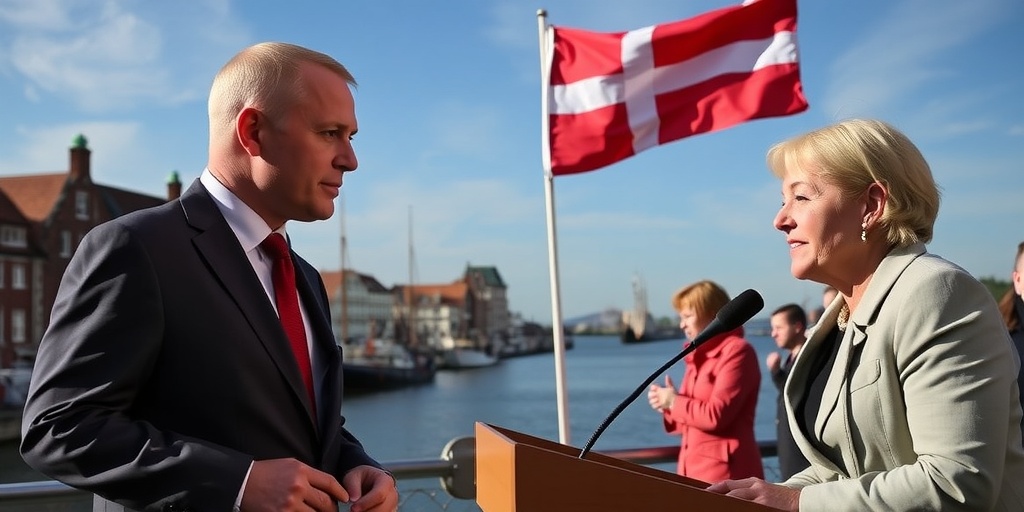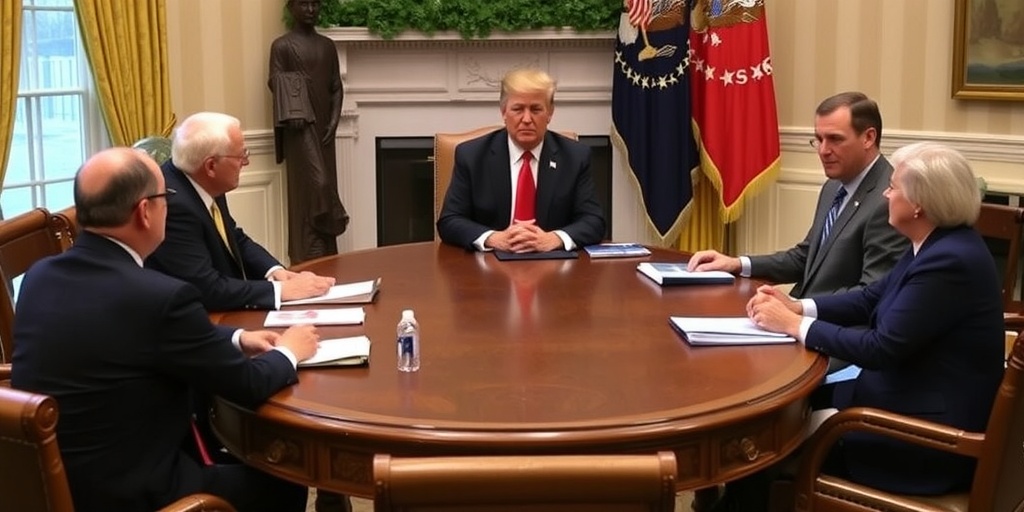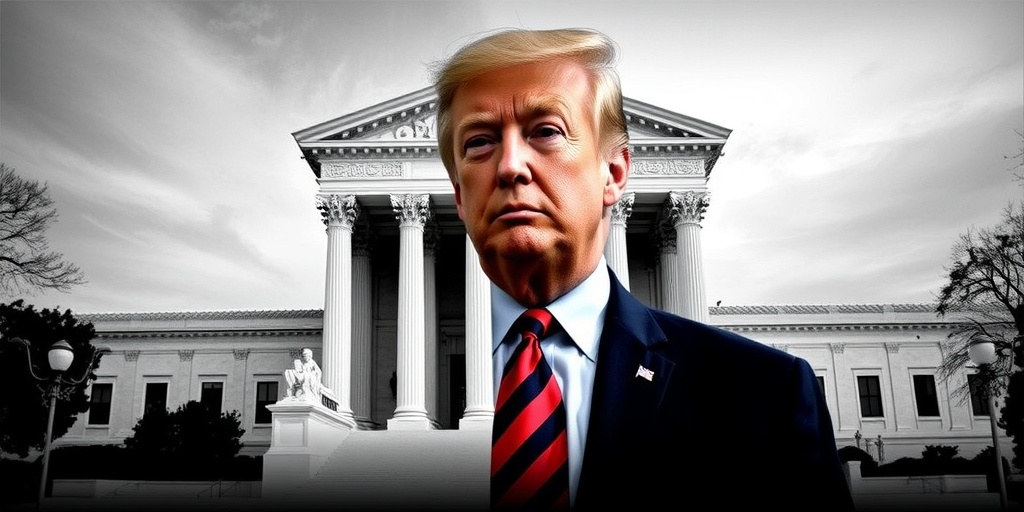Now Reading: Trump Era Leaves Gun Agency Leaderless and Directionless
-
01
Trump Era Leaves Gun Agency Leaderless and Directionless
Trump Era Leaves Gun Agency Leaderless and Directionless
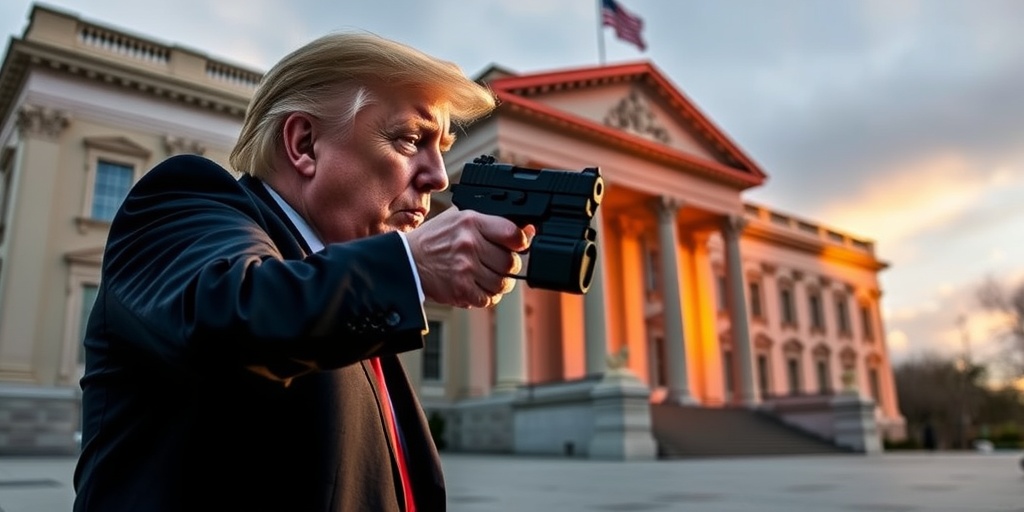
ATF Faces Leadership Crisis Amid Cuts and Policy Rollbacks Under Trump Administration
The Bureau of Alcohol, Tobacco, Firearms and Explosives (ATF) is once again facing significant turmoil, as it struggles to navigate a landscape marked by considerable leadership instability and sweeping policy changes. Once viewed as a critical agency for enforcing gun laws and regulating firearms dealers, the ATF has been perceived as the neglected branch of federal law enforcement, and its challenges appear to be intensifying.
Historically, the ATF experienced a fleeting resurgence during the Biden administration, which prioritized policies aimed at curbing illegal firearms. The agency was on a mission to expand background checks for gun buyers, combat the proliferation of untraceable "ghost guns," and regulate devices that convert standard firearms into machine guns. Nevertheless, this period of activity was abruptly halted when Donald Trump assumed office.
Under the Trump administration, the ATF has been beset by a series of challenges, including the exodus of key personnel, the reassignment of its agents to immigration enforcement roles, and a pervasive environment of disinterest that has left the agency feeling leaderless and demoralized. The most recent development came on Wednesday, when approximately 10,000 ATF employees transitioned from one inattentive leader, FBI Director Kash Patel, to Army Secretary Daniel Driscoll. Reports indicate that Driscoll was only informed of this new responsibility a few days prior to the transfer.
This unprecedented shift marks a significant moment in U.S. governance, as a civilian military leader assumes oversight of a domestic law enforcement organization for what appears to be the first time in history. Critics of the administration have raised concerns about the implications of such a move, interpreting it as an indication of a broader strategy to undermine the ATF’s influence. Despite these speculations, the reality is more complicated; Patel’s commitments kept him occupied, while Driscoll had the necessary Senate confirmation to take the role.
Driscoll’s background as a former cavalry scout in Iraq provided him with some familiarity with firearms, but his lack of relevant law enforcement experience has drawn skepticism. T. Christian Heyne, head of policy at Brady, an organization dedicated to gun violence prevention, echoed concerns over the appointment. "The appointment of another acting director — one that is already tasked with overseeing over a million U.S. soldiers — shows a total disregard for public safety and American lives," he stated.
The timeline surrounding Patel’s departure remains unclear, but insiders suggest that administration officials had made decisions about his future early on, settling on Driscoll as his successor shortly after Patel’s swearing-in. Years of disinterest in the ATF were evident in Patel’s tenure, characterized by minimal engagement and a notable absence from agency headquarters after a brief visit. Furthermore, it is unclear how involved Driscoll will be, given that he was abroad at the time of his appointment announcement.
Morale within the ATF has plummeted in this void of leadership. Reports from current and former employees depict a bleak atmosphere at headquarters, exacerbated by the impending exit of Marvin Richardson, the agency’s top-ranking career official. Despite this uncertainty, many frontline investigators are continuing their efforts, playing pivotal roles in major drug and crime busts that have been touted by the Trump administration.
Interestingly, many ATF agents identify as conservatives who supported Trump’s law-and-order platform. Discussions at the highest levels of the Trump administration indicate a shift in focus; instead of strengthening the agency’s regulatory functions, officials are moving agents to immigration enforcement, diverting their attention from core responsibilities.
Amid these staffing changes, a proposal has surfaced suggesting the merger of the ATF with the Drug Enforcement Administration (DEA). While this idea has been met with cautious optimism within the ATF — as it could provide greater stability — it would require congressional approval and likely take years to implement.
Additionally, Attorney General Pam Bondi has recently rolled back several key Biden-era gun control measures, particularly those aimed at combating misconduct among federally licensed gun dealers. As the administration shifts toward a more permissive stance on firearms regulation, the ATF risks becoming increasingly sidelined in its mission.
Former ATF Director Steven M. Dettelbach had predicted the current predicament, warning that neglect could lead to increased violence and complacency in enforcing gun control laws. "What I am concerned about is that people will take their eye off the ball, that they’ll either get complacent or politicized,” he said in a parting interview, foreseeing dire consequences for public safety.
As the ATF navigates these significant transitions, it remains at a crossroads, facing an uncertain future as it attempts to fulfill its vital role in regulating firearms and ensuring public safety amidst external and internal challenges.
Stay Informed With the Latest & Most Important News
Previous Post
Next Post
-
 01New technology breakthrough has everyone talking right now
01New technology breakthrough has everyone talking right now -
 02Unbelievable life hack everyone needs to try today
02Unbelievable life hack everyone needs to try today -
 03Fascinating discovery found buried deep beneath the ocean
03Fascinating discovery found buried deep beneath the ocean -
 04Man invents genius device that solves everyday problems
04Man invents genius device that solves everyday problems -
 05Shocking discovery that changes what we know forever
05Shocking discovery that changes what we know forever -
 06Internet goes wild over celebrity’s unexpected fashion choice
06Internet goes wild over celebrity’s unexpected fashion choice -
 07Rare animal sighting stuns scientists and wildlife lovers
07Rare animal sighting stuns scientists and wildlife lovers













